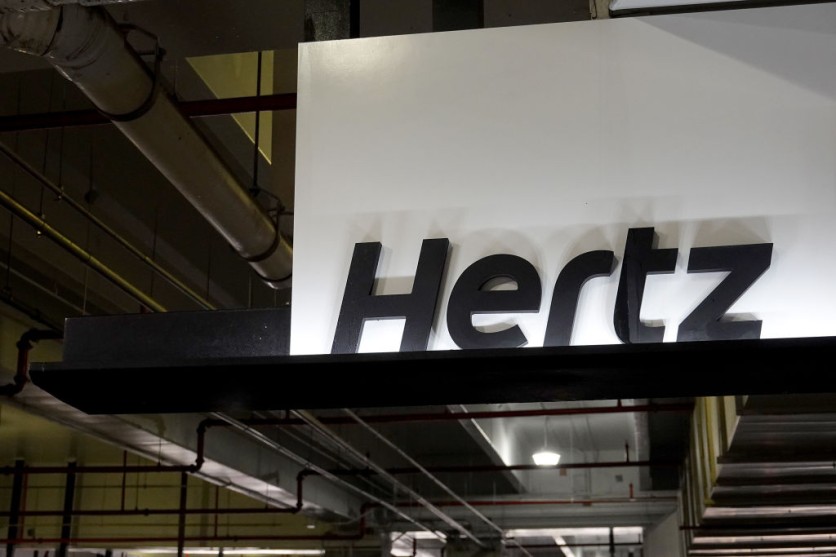Bp Pulse has teamed up with Hertz to build a network of EV fast chargers in high-demand locations, according to Electrek. The project's mission is to speed up EV adoption by providing charging solutions where they are most necessary.

The first planned site of their partnership with be at a Hertz location near Los Angeles International Airport (LAX). A part of the project will be funded by the California Energy Commission (CEC) with a $2 million grant. Bp Pulse will take care of the installation and infrastructure management.
There are no specifics yet but the new project will mitigate the environmental impact of the ride-sharing growth in LA. In fact, California's ride-hailing fleets make up 2.5 percent of the vehicle population, but they consume 30 percent of all public fast charging.
Bp Pulse aims to roll out 100,000 EV chargers by the end of the decade through its Bp Pulse Division.
A Long-Awaited Plan
In September, Bp and Hertz signed a Memorandum of Understanding (MOU) to develop a national EV charging network, which includes plans for using Pulse to lead the rollout.
With this, Bp Pulse manages Hertz EV charging infrastructure by providing its Omega software to deliver real-time data.
Omega enables EVs to be identified and charged at a specific location. The system can track the car's charging status and streamline the billing process. It also has a mobile app that will make the charging process faster and easier.
Hertz is also quickly expanding their zero-emission EV fleet, which started with 100,000 Tesla Model 3 order last year, and later adding Model Y options.
In April this year, Hertz also said that it would introduce 65,000 Polestar EVs to its fleet in the next five years. The company also recently placed a huge order for 175,000 GM electric cars.
Also Read: Elon Musk Admits Tesla to Sign a Contract With Hertz
The Need for More EV Chargers in High-Demand Locations in the US
The US electricity grid has been unable to provide sufficient charging stations for the growing numbers of electric vehicles on the road. This is why the partnership between Bp and Hertz is so essential.
In order to make EVs more practical, the charging infrastructure has to keep up with the growing number of electric cars.
People using carsharing services in big cities would need to charge their EVs in non-descript parking lots. And this would be a problem even if they have access to a subscription service that provides them with unlimited charging.
If nothing is done, public charging stations may soon become as scarce as gas stations are today. So, the project is a good solution to mitigate the environmental impact of the ride-sharing growth in LA.
Related Article: Hertz and BP Join Forces to Build a Network of EV Chargers in the US
This article is owned by Tech Times
Written by April Fowell
ⓒ 2026 TECHTIMES.com All rights reserved. Do not reproduce without permission.




